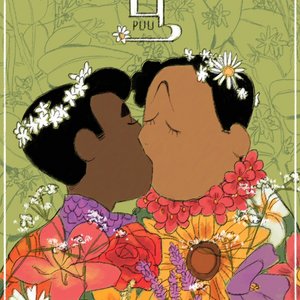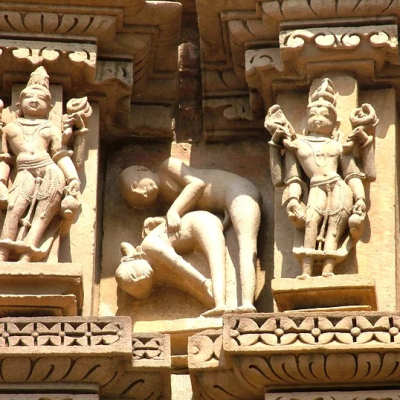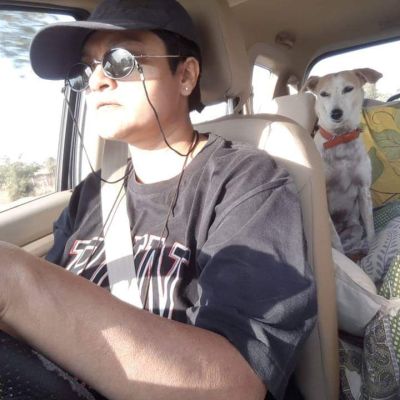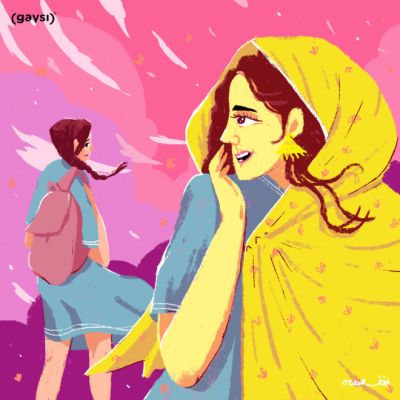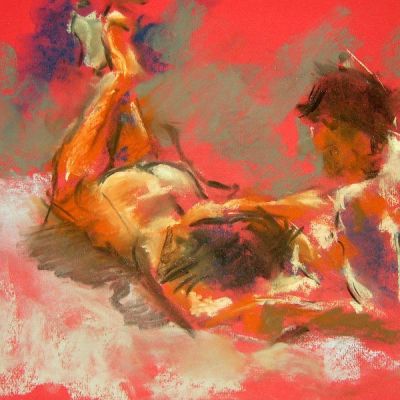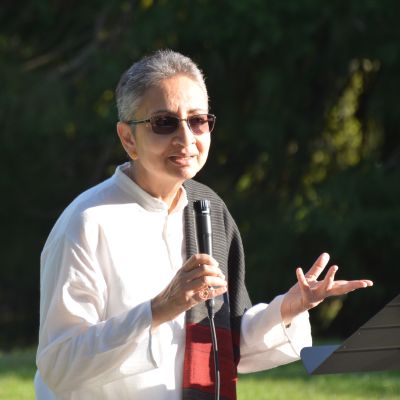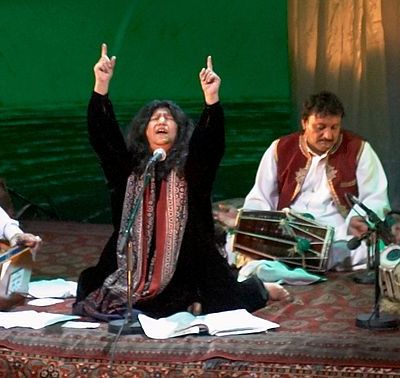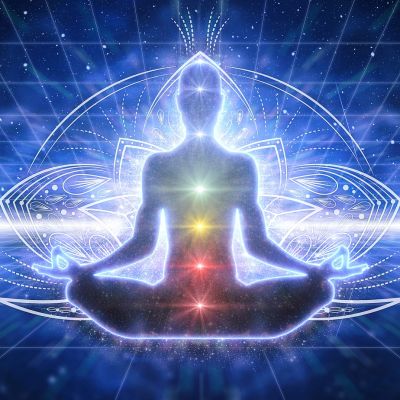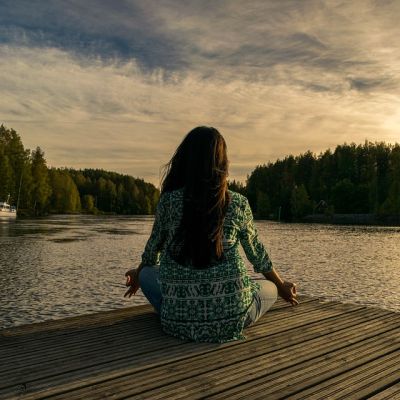Spirituality and Sexuality
Spirituality doesn’t have to be esoteric, as in belonging or being accessible only to a few. It is very much a part of our lives, just as sexuality is.
Puu, an episodic comic (consisting of 92 serialised episodes) created in 2016 by Nabigal-Nayagam Haider Ali – going by Nabi online – is woven together with vast, expansive threads of similar intense spiritual moments and reflections on devotion, faith, and love.
We need to claim our spirituality differently and imaginatively. There are many paths to god. For some it might be religion, or science, or sex, or love, or meditation, or art.
I am not pleased about everything that happened, but I accept that these are my experiences. I accept that I have grown through them, built more invisible muscle. Most of all I accept that it is with the help and support of a diverse array of souls, relationships, and ordinary chuff-chuffing that I can do and be many of the things my spirit is; my life is more than the parts that panicked, and I accept and look after those bits too.
Raising your head shyly, you stumble over your words as you ask if you can marry a woman instead. Instantly, your lungs seem to fill with a tsunami of panic, as you witness his usually warm eyes crackle – the first grey clouds of a storm saturating the brown hue of his eyeballs.
In spite of the general divergence between the notion of purity and sacredness and the general discourse on sex, I firmly believe that little else in life is as divine as sharing sexual pleasure with another person. Realising this relinquished the shame that I felt and presented itself as an opportunity for me to re-learn how to enjoy sex.
Spirituality and sexuality (for most people, if they are not asexual or voluntarily celibate, either of which is their right to be) are both about union. And they are both about deeply personal and intimate aspects of oneself.
Reflecting on the theme of Spirituality and Sexuality for this issue of In Plainspeak, in an interview with Shikha Aleya, Lata says,“What might a spiritual approach contribute? It can lead you to understand that there is a core aspect of you that exists prior to and alongside the particulars that shape your identity – class, gender, sexuality, religion, able-bodiedness, etc…”
Spirituality often means different things to different people – some may dismiss it, some may link it to faith or religion, while some may simply experience it as a personal moment of connection. And spirituality is just that, a moment in which one feels ‘beyond’ oneself.
In my adulthood, I have experienced God outside of how I was taught to experience Him. I have discovered that I am a sexual being with infinite ways of experiencing pleasure. Almost all of these ways are outside of the tame abstinence-penetrative sex to get pregnant-abstinence cycle prescribed by the Catholic Church
Sounds of Abida Parveen and Falguni Pathak’s force move me to other frames, that foreground unforgiven settlements. They provide me with what Jacqui Alexander has so beautifully called “pedagogies of the sacred.”
However elusive the combination of safety and adventure, it’s a framework I find terribly useful. It helps me understand much of life, including spirituality and sexuality, and what the two might have in common.
Pro-life arguments have invoked faith and religion to decry a person’s right to seek an abortion, and the right to decide what to do with one’s body. But, as Everyday Feminism’s comic, The Hypocrisy of Pro-Life Rhetoric, breaks it down for us, it is not with religion or faith where the problem lies.
Or is spirituality something larger, existing in itself, a consciousness much larger than sex, with sexuality being a smaller part, one that is bound to the body, a physical act of pleasure in the temporariness of time and space expressed through the body which is a limited instrument for it?
What do we create for ourselves in that moment of acute awareness? Do we create empowerment, love, care, self-expression; or do we manipulate it to create abuse, distrust and disharmony? For, what is spirituality if not the uplifting of the human spirit? If sexuality is the medium for someone, what’s the problem?


